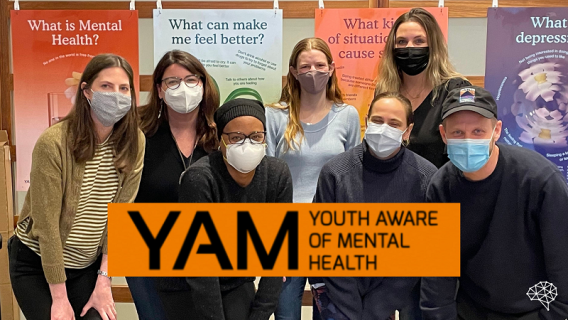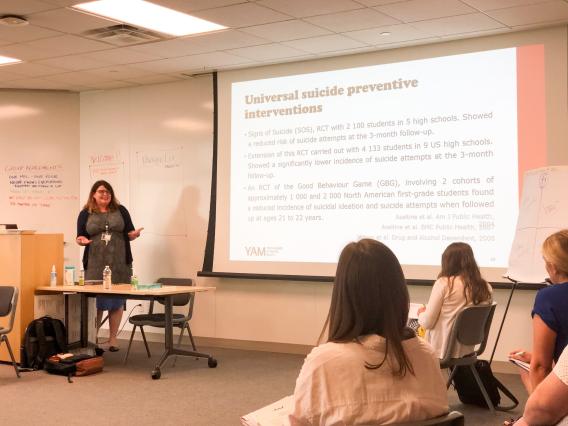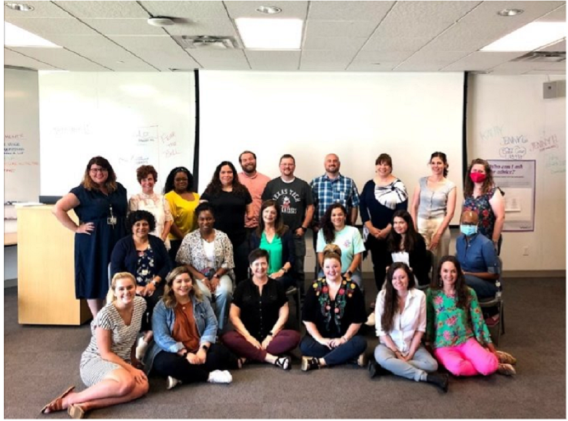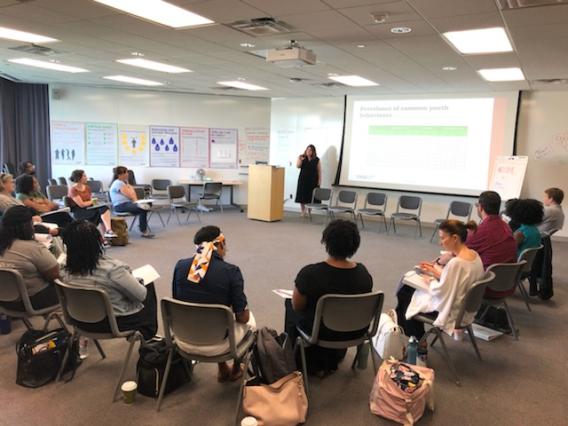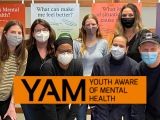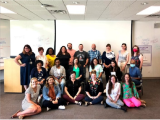Developing the conversation around mental health promotion and resilience-building
The Risk and Resilience Network partners with local schools, colleges, and youth/community organizations to provide educational programming aimed at preventing depression. With several initiatives, including resilience training and mental health education programs, we teach strategies and techniques that raise awareness about mental health and increase mental health resilience.
Programs available through the Risk and Resilience Network (RRN) will allow adolescents to learn and develop life-long coping and resilience skills. These skills are shown to help teens and young adults avoid high-risk and self-destructive behaviors that can lead to poor academic achievement, substance abuse, more severe psychiatric conditions, and suicide.
Promoting mental health awareness.
To better understand the areas of greatest impact, we have identified, and partnered with schools, youth organizations, and healthcare systems on initiatives to improve diagnosis and treatment of mood disorders and suicide prevention in youth.
A research initiative that coalesces a network of 12 health-related institutions across Texas that are seeking to improve the evaluation of and response to youth depression and suicide in Texas.
An interactive program for adolescents that encourages discussion and increases knowledge about mental health and suicide prevention and promotes the development of coping skills and emotional intelligence.
The CDRC is one of the few organizations currently offering YAM certification in the United States. Through a partnership with the CDRC, community providers and school staff can train as certified YAM Facilitators.
Building Resilience in Youth
Designed to prepare students for the Youth Aware of Mental Health (YAM) Program, Blue Steel is a trauma-informed, resilience-building education program designed to teach resilience skills and effective tools for supporting one's self and others during times of stress.
Find out more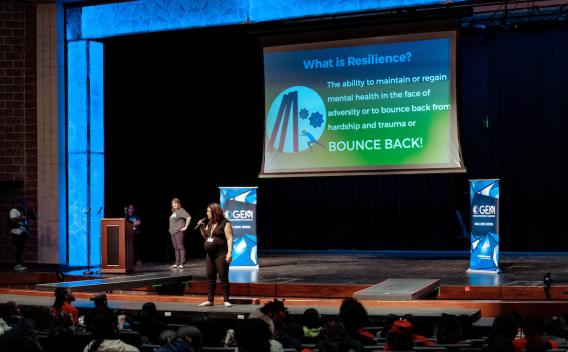
Engaging Community
On our Brainstorm podcast, we decode the science of mood disorders through discussions with a leading expert in the field, Dr. Madhukar Trivedi. We’re here to change the way we think and talk about depression, in an accessible, approachable way.
Find out more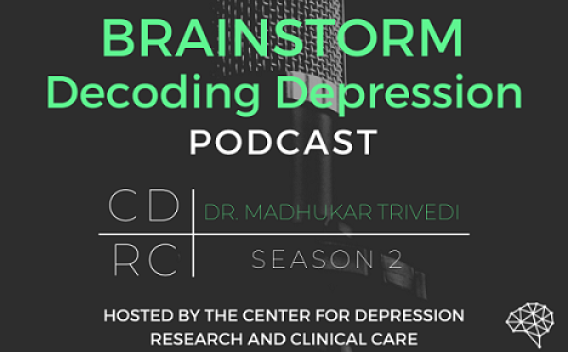
Furthering Research into Suicide Prevention
Our priorities at the CDRC include studying biomarkers related to youth suicide risk and more effective ways to treat suicidal ideation and behavior. To further this goal of reducing adolescent suicidality, our team has received two grants from the American Foundation for Suicide Prevention (AFSP) and the National Institute of Mental Health (NIMH).
Find out more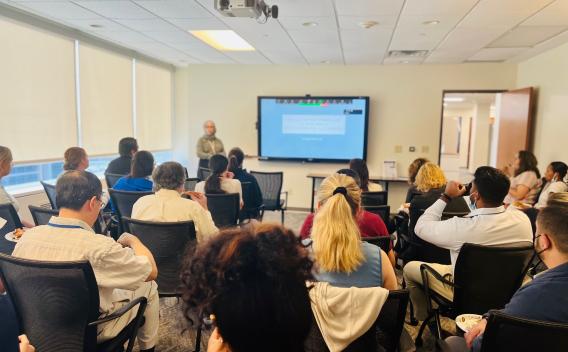
Real People. Real Research.
Be part of the great impact we're having on science and medical care across the globe.
A depressive disorder is a whole-body illness that involves the way we think, feel, and behave and can even affect our physical health. While occasionally experiencing a “blue” mood or feelings of unhappiness is not an indication of a depressive disorder, it is important to understand that people who do meet the criteria for a depressive illness most often cannot get better on their own.
